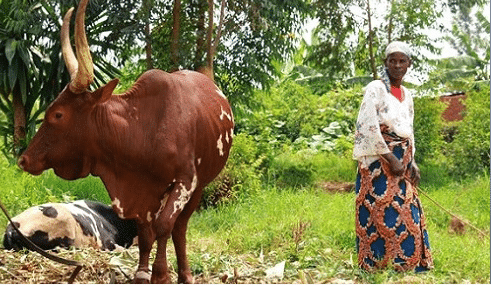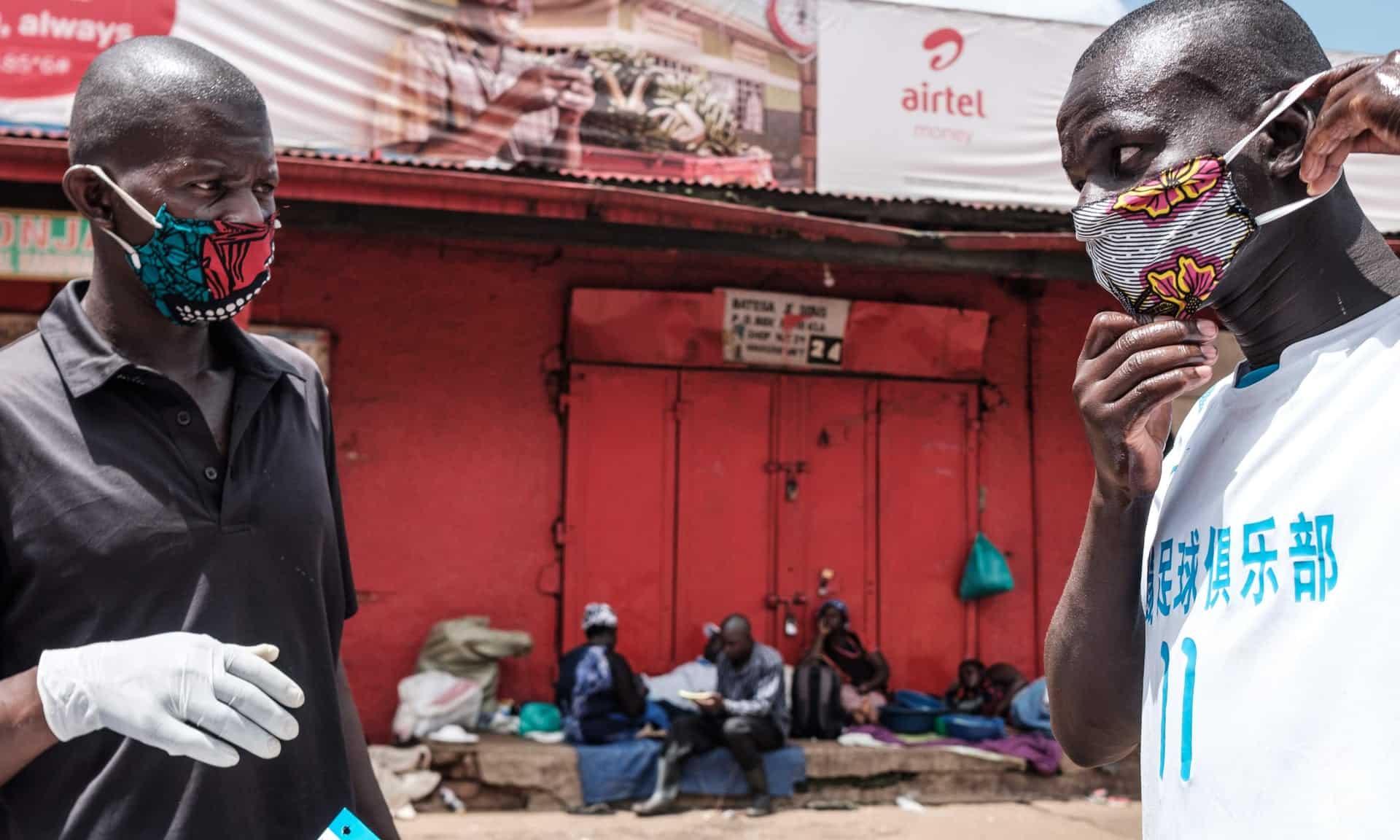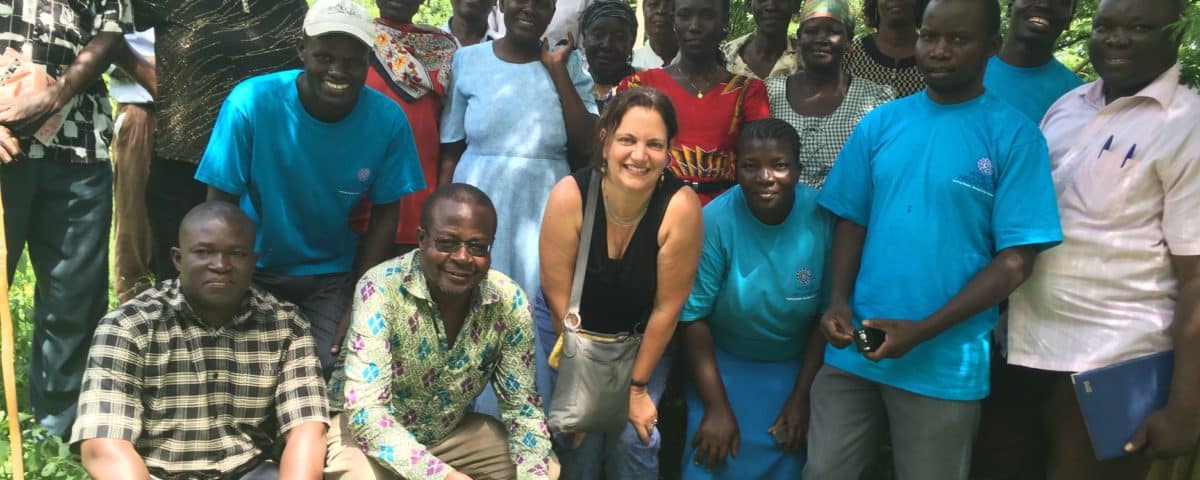
Savings and Credit for Haiti
April 13, 2020
Coronavirus in Africa: what happens next?
April 13, 2020World Neighbors is Making a Global Difference

By Amanda Gibson
SEATTLE, Washington — Dr. John L. Peters founded World Neighbors in 1951. It is an NGO based in Oklahoma City. After serving in World War II, Peters came to Oklahoma with a newfound conviction that he must do something to help people like the poor he had witnessed struggling with poverty in Southeast Asia. Since founding the company, the organization has affected more than 26 million people in 45 countries. Currently, it has programs in 13 countries in Asia, Africa, Latin America and the Caribbean, benefitting approximately 500,000 people.
Rather than give temporary aid to those in need by providing food or temporary shelter, World Neighbors focuses on helping those in need out of poverty by addressing the root of the issue and providing sustainable, long term solutions. It focuses on education, training and placing stress on equal opportunities for women.
The Gender Issue
Dr. Kate Schecter, the President and CEO of World Neighbors, told The Borgen Project that the most impactful initiative she has seen in the foundation is “helping very poor, marginalized women around the world to have a voice and to lift themselves out of poverty.” While World Neighbors focuses on improving the lives of entire communities, often one obstacle to getting out of poverty is inequality, particularly in the matter of discrimination toward women. When women are allowed to work and generate their own income, the entire community benefits both from the freedom being given to female members of the community and from the woman’s leadership or craftsmanship skills.
Unfortunately, women make up approximately 59 percent of the global youth illiteracy rate. There are 76 million illiterate women globally, compared to 47 million men. Fewer than 40 percent of countries make education equally accessible for boys and girls. Thus, educating women and offering them more opportunities is one of the focuses of the organization. In a Muslim community in Bihar, India, where many schools only allowed male students, a 2018 program from World Neighbors offered an informal education center for girls to compensate for the education they were missing.
Social change in a community’s attitude toward women is another focus of World Neighbors’ projects. In African communities, World Neighbors works with trained Community Health Volunteers to visit families and discuss the necessities of family planning and dispel misconceptions toward women, reproductive health and gender-based violence. With the help of World Neighbors, women in these communities have benefited from programs that focus on giving them the skills and confidence required to become a voice in their community and the efforts applied to dispel prejudices against them.
The Community Agenda
Rather than approaching a community with any preconceptions about what is needed in that area, World Neighbors allows the community in question to specify the agenda of its program in that area. The organization meets with community leaders and gathers community members to discuss the issues of the area and how they should be addressed.
One program it often implements to benefit the entire community is its savings and credit groups. With the help and guidance of World Neighbors, a community comes together to generate enough savings to start their credit group. From this joint account, the group offers loans to one another to fund household needs or even small businesses. This program often is focused on the women of the community, teaching them how to handle finances and credit.
In regard to these programs, Dr. Kate Schecter told The Borgen Project, “We’re teaching them financial literacy. We’re teaching them how to save money for the future. That, to me, is a huge advancement in helping these poor communities to become middle class.” In 2019, the 1,000 members of a savings and credit group in Indonesia increased their household income by 30 percent. In Mali, women from 12 different credit groups from four different villages received training in financial management to further their knowledge and financial skills. In Guatemala, local families and entrepreneurs received 88 small loans.
Community and Reproductive Health
Community and reproductive health are other issues that World Neighbors addresses. It allows each individual community to present its health concerns and any suggestions for dealing with them before building a program around those needs and ideas. It focuses on sanitation and hygiene as well as reproductive and general health.
With World Neighbors’ help in installing eco-friendly toilets in households in India, the percentage of India’s households with functioning toilets has gone from 8 percent to 50 percent. As a product of its other programs in sanitation, households with safe drinking water have risen from 8 percent to 63 percent as of 2018.
Its focus on reproductive and child health helped child mortality drop 66 percent in Haiti between 2012 and 2018. In that same span of time, it dropped 52 percent in Bolivia, 42 percent in Peru and 15 percent in Guatemala. A 2019 survey of 1,400 households affected by the work of World Neighbors in Timor-Leste reported a drop of 54 percent of diarrhea in children under the age of five. In 2019, World Neighbors established a health clinic in India within reach of 25 villages and 10,500 households, giving easy access to healthcare services to 65,000 people.
Good Neighbors, Good Work
While taking on global poverty can be a daunting mission, World Neighbors’ method of specific aid to rural communities has proven effective to the 26 million people whose lifestyles it has improved. Its success in perpetuating long term betterment of these communities seems to be a result of its unique tactic of tailoring its programs to fit each individual area. The organization allows the people of the area to decide for themselves what changes need to be made and the training needed to maintain those changes.
This article originally appeared on borgenmagazine.com on April 10, 2020.

